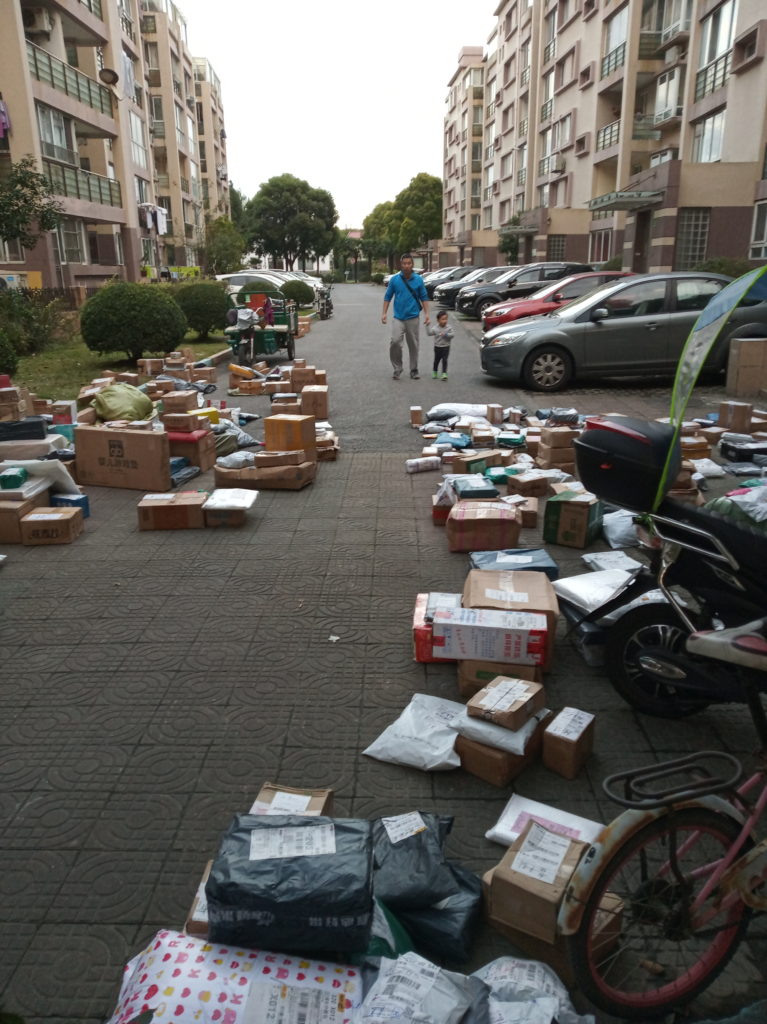When a shopping spree goes too far…
Can it become an addiction? The answer is yes. Shopaholism, or compulsive buying disorder (CBD), is a type of mental disorder that affects up to 6% of the population of the United States and is nine times more likely to manifest in females than males. First discovered in the early 20th century, little attention was paid to CBD due to its obscurity until the late 1990s when several research groups conducting clinical cases reignited interest in the topic. Although there is still no entry for CBD in the Diagnostic and Statistical Manual of Mental Disorders, and much debate about exactly what type of disorder CBD belongs to, for the most part, CBD has become accepted in the medical community as a problem that afflicts people all over the world.In the past few decades scientists have begun delving deeper into the inner workings of CBD. Research on Verywell Mind and WebMD shows that several factors lead to a more substantial probability of the disorder, such as genetic predisposition, environment circumstances, and negative emotions. At first glance, CBD may not seem like a severe illness, but excessive shopping can cause financial difficulties which, in turn, can lead to problems at home, work, or school. A story psychologist Al-Ghamdi shared on Arab News illustrates the consequences of shopping in the extreme: CBD ultimately caused a divorce for a woman with three kids. “She used to steal [her husband’s] credit cards and buy different items she did not need,” Al-Ghamdi explained. “Before she knew it, the police came to her house to arrest the husband for late payments that he didn’t even know about.” In the wake of CBD stepping out of its obscurity, it has been discovered that therapy and organizations such as Debtors Anonymous and Shopaholics Anonymous can be effective in treating people who suffer from the disorder.

In addition, we may have to consider that shopaholism, to a lesser extent, is apparent in the majority of people nowadays. Take, for example, the recent 11.11 Global Shopping Festival. The sales numbers, as recorded on Baidu, have risen significantly from the initial festival reaping in 0.5 billion RMB in 2009, to 2135 billion ultimately reached in 2018. The influx of orders was so great that, for days afterward, piles upon piles of cardboard delivery boxes could be seen strewn in streets and housing compounds. In less than a decade, 11.11 has gained global recognition and more or less been incorporated into modern Chinese culture. Buoyed by the backing of big corporations and also by our insatiable thirst for more and more material goods, it becomes possible that shopaholism has become a worldwide phenomenon.

Spending an afternoon at the mall or browsing online stores in your spare time may not seem like much, but we as a society should take a step back and reevaluate what, with the changing times and increasing economic stability, shopping has become to us.
Feature Image Woman carrying shopping bags Photo Courtesy of Pixabay
by Esther Wu

